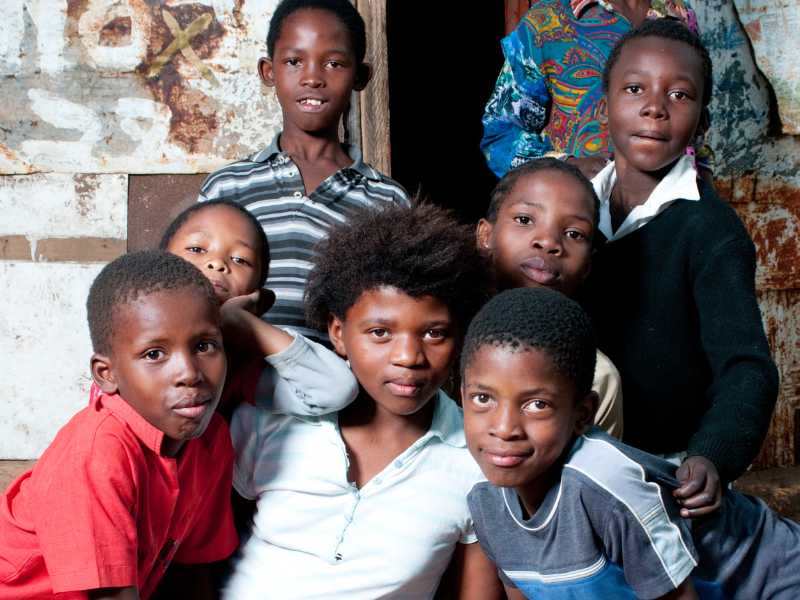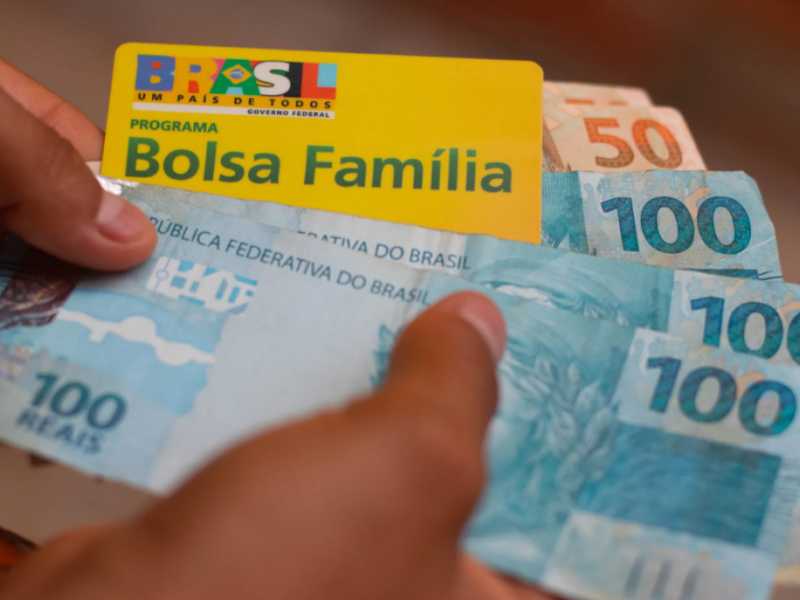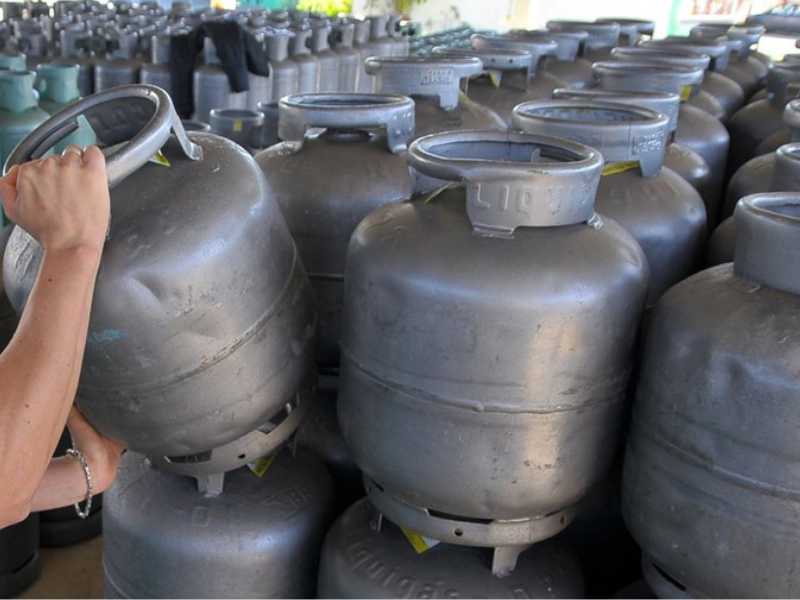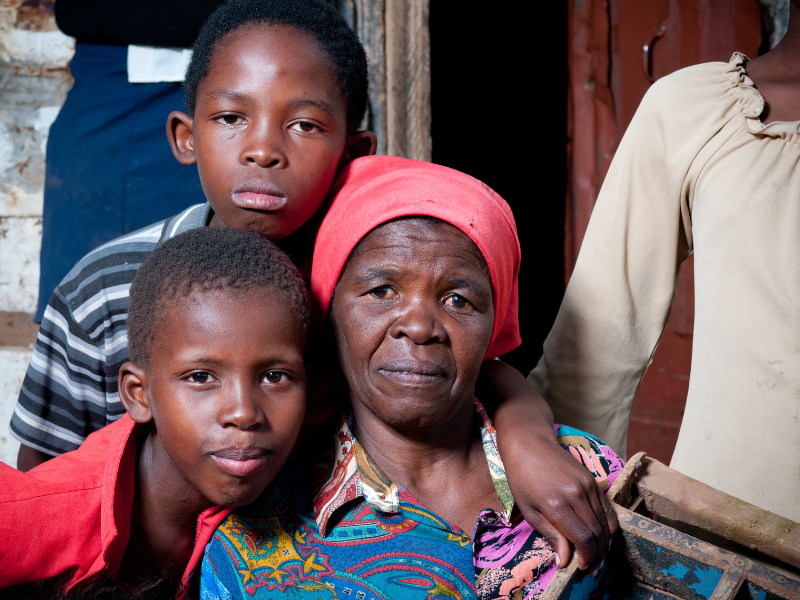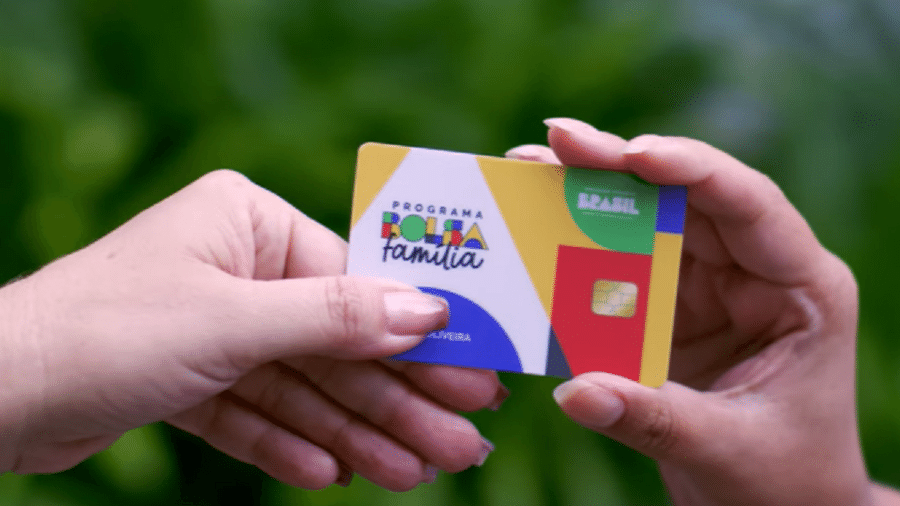Advertisements
The Single Registry for Social Programs of the Federal Government (CadÚnico), as its name suggests, is essential for identifying and selecting beneficiaries of government social programs. Thus, home visits to update data have recently begun.
Therefore, CadÚnico home visits will be directed mainly to families in situations of socioeconomic vulnerability. This includes beneficiaries of programs such as Bolsa Família, Benefício de Prestação Continuada (BPC) and other social benefits. See more details!
Purpose of CadÚnico Home Visits
Therefore, the main objective of the visits is to update the families' registration information and ensure that benefits are distributed appropriately and fairly. In addition, these visits also allow us to identify new demands and needs of the families being served.
Advertisements
Keeping your registration up to date with CadÚnico is crucial to ensuring that families receive the social benefits to which they are entitled. Outdated data can result in the unfair exclusion of families who truly need these resources.
Home visits are carried out by teams of social workers and community health agents, who collect information on family composition, income, housing conditions and other relevant information. Therefore, it is important to cooperate during these visits to ensure the accuracy of the data recorded.
Advertisements
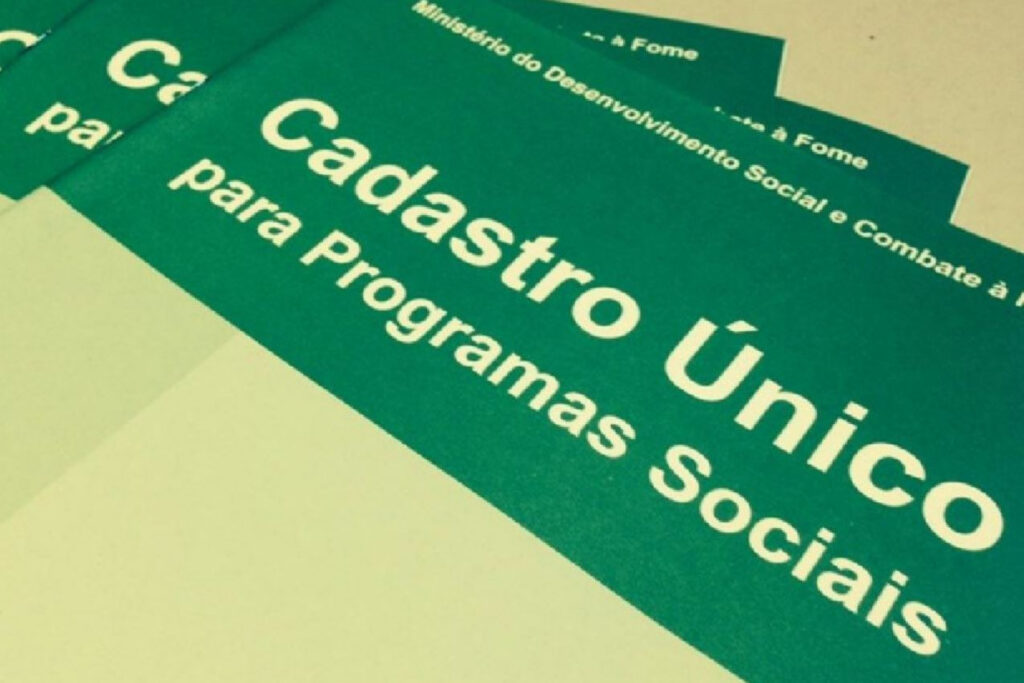
Who can be part of the registry
Finally, it is worth remembering the requirements to remain in CadÚnico. Check it out:
- Have a monthly income of up to half the minimum wage (R$ 706) per person;
- Have a total monthly income of up to three minimum wages (R$ 4,236);
- Have an income greater than three minimum wages, as long as they are in social programs in the three spheres of government;
- Single-person families, that is, people who live alone;
- Living on the streets.
Furthermore, it is important to highlight that the CadÚnico update can also take place at a Social Assistance Reference Center (CRAS) or through the CadÚnico app (available for Android and iOS).
Image: Archive/ Agência Brasil






